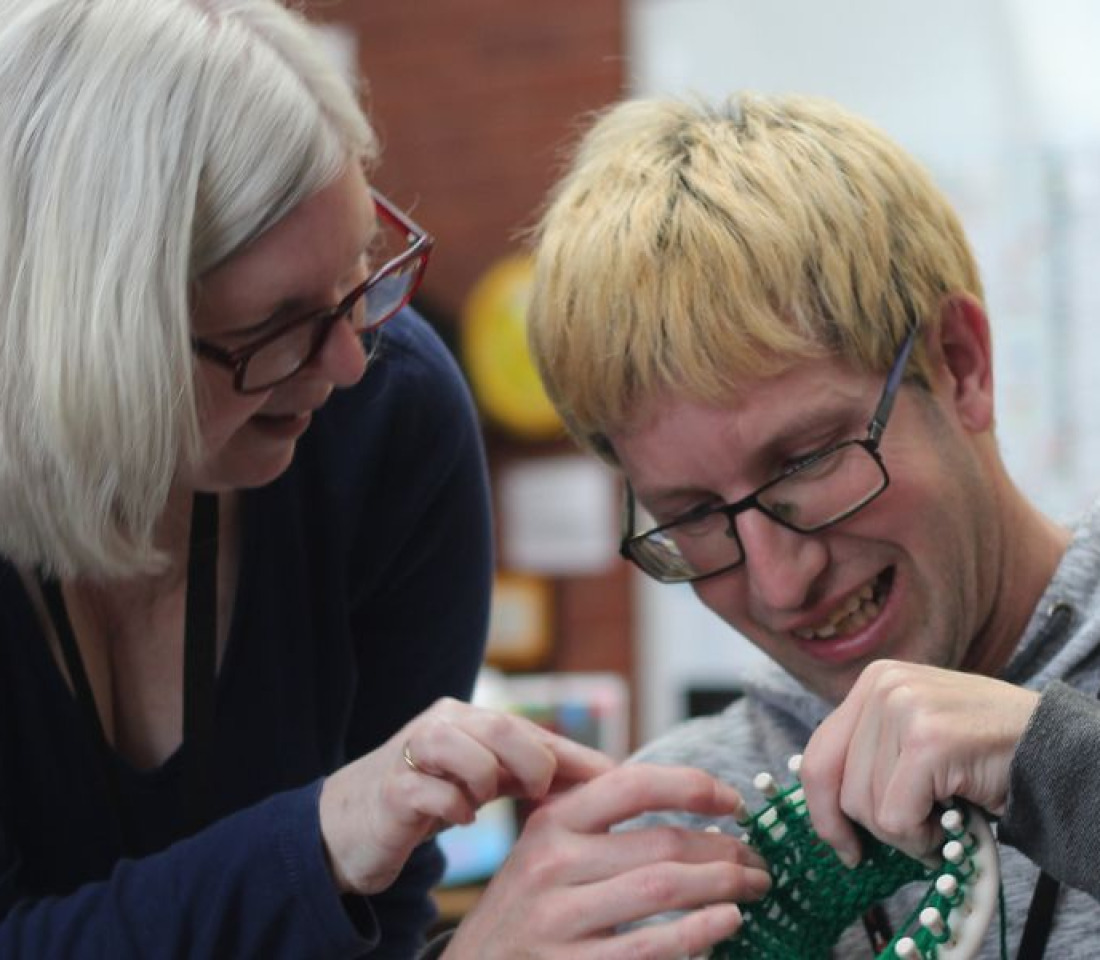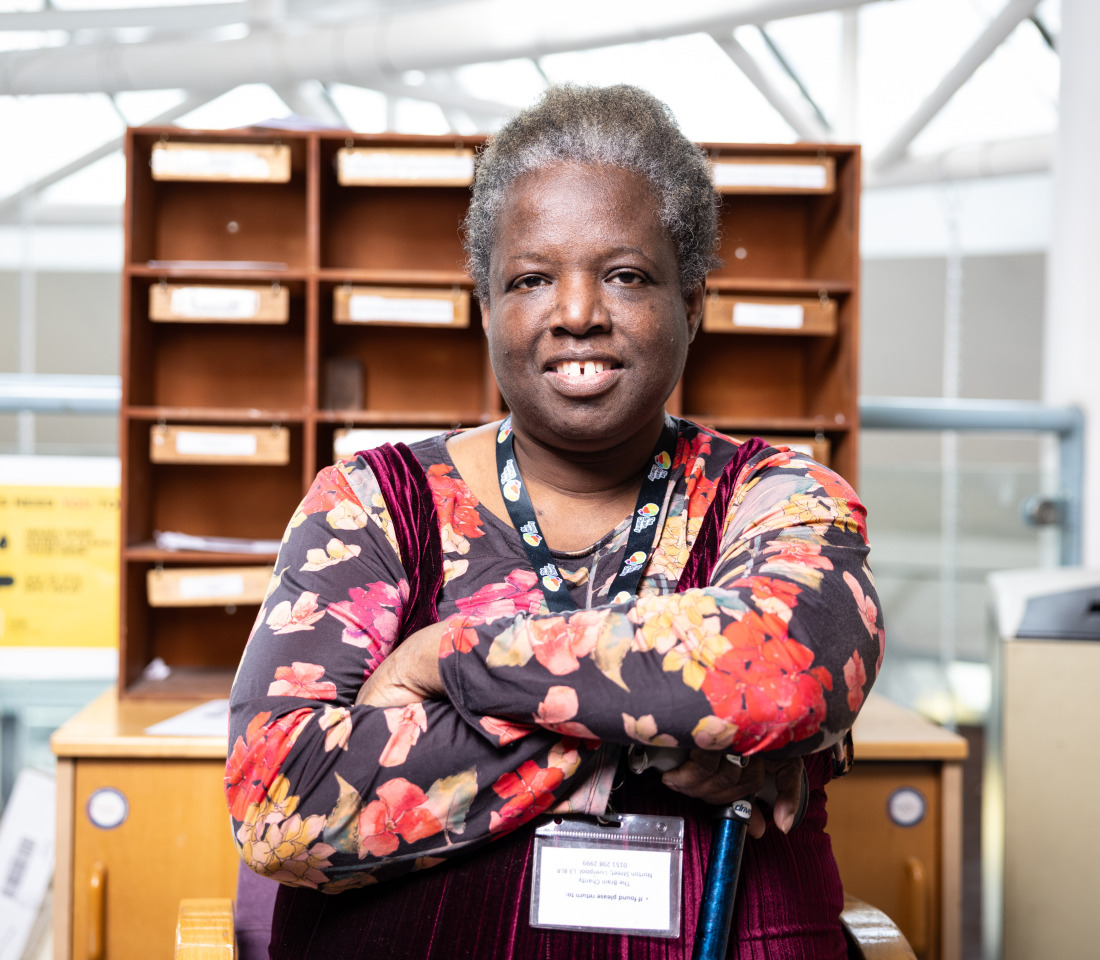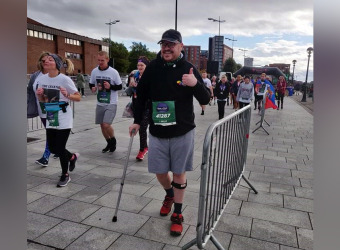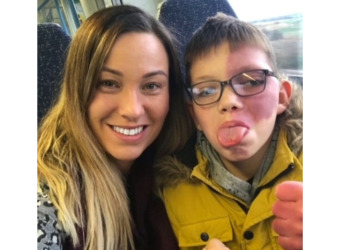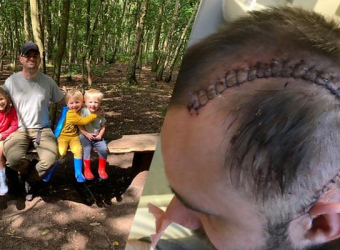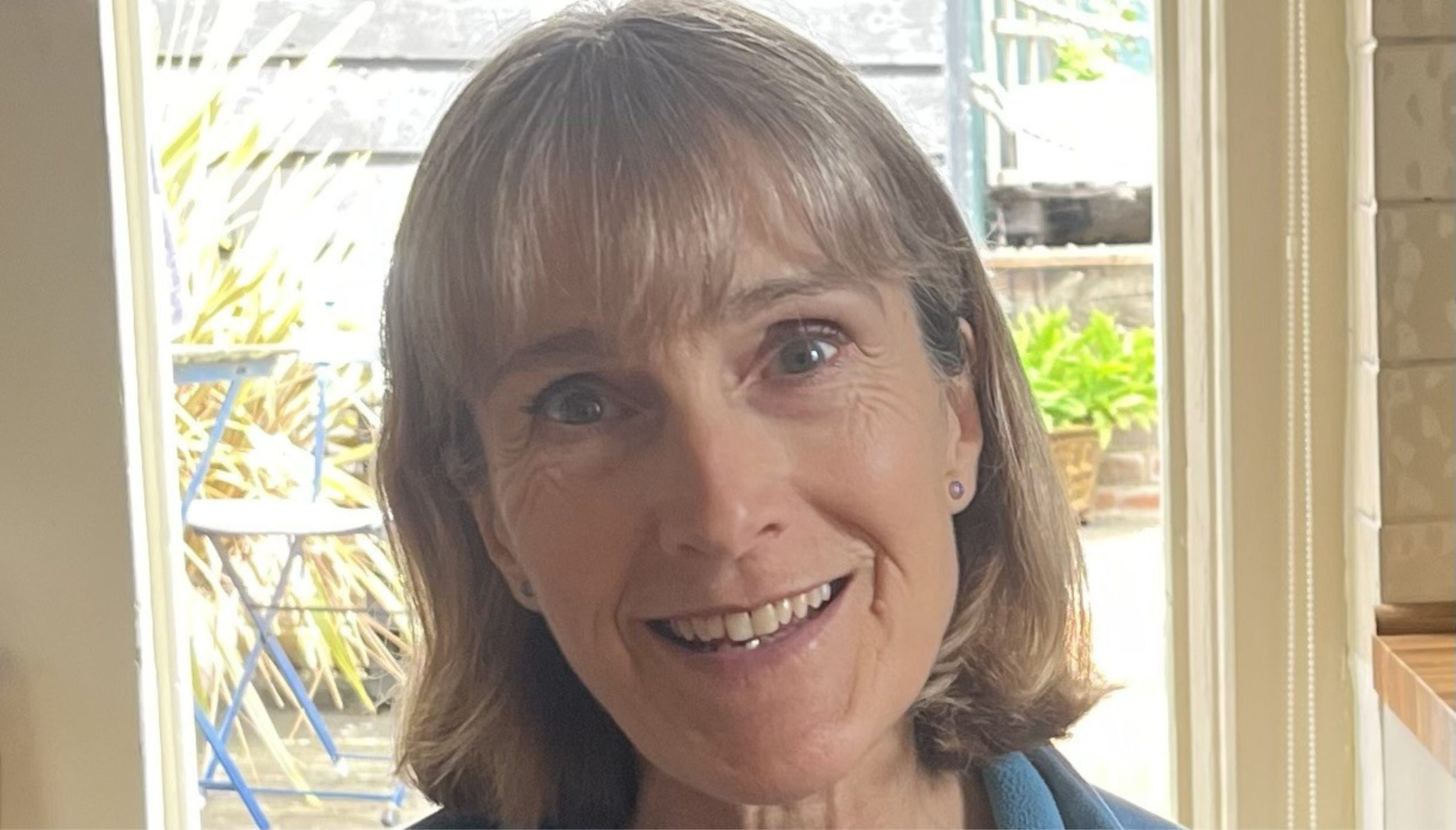
Amplifying silent voices: Raising global awareness of Locked-In Syndrome
By Shannan Keen MBMSc
When I began my academic journey in psychology, I had no idea where it would eventually lead me. It wasn’t until I transitioned into neuroscience during my postgraduate studies in Sydney that I stumbled upon a startling realisation—despite the complexity and importance of conditions like Locked-In Syndrome (LIS), there was virtually no consolidated data or dedicated research infrastructure for these patients in hospitals or research centres.
Locked-In Syndrome is a condition that leaves individuals completely paralysed, except for some ability—often limited—to move their eyes. Despite this extreme physical limitation, consciousness remains intact.
These are fully aware, cognitively present people, trapped within unresponsive bodies. Sadly, LIS is often misdiagnosed, especially in countries without access to advanced diagnostic tools like MRI. Too many are mistaken for being in a vegetative state and are, heartbreakingly, overlooked.
This gap in recognition lit a fire in me. I couldn’t just passively accept that these people, living in some of the most isolated and misunderstood conditions imaginable, were essentially invisible in research and policy. That was when I decided to take action.
The global LIS forum: From awareness to advocacy
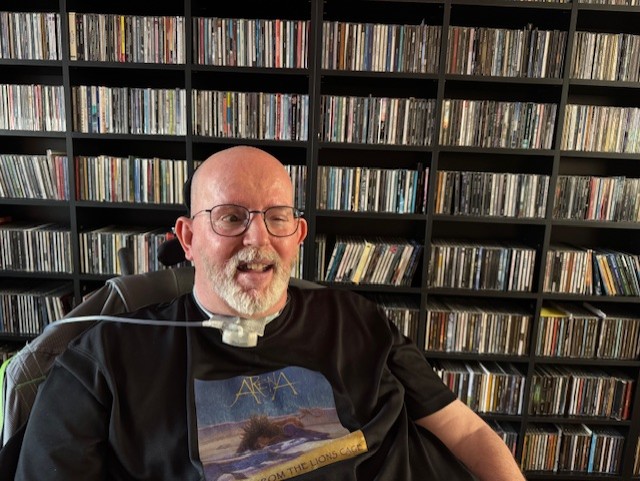
The first step was to bring together the global LIS community—clinicians, carers, researchers, technologists, and, most importantly, people with lived experience of LIS.
That vision became the Global Locked-In Syndrome Forum, an online platform that connects stakeholders across disciplines and borders. What began as a simple initiative to raise awareness quickly evolved into an active, year-round dialogue around improving diagnosis, care, assistive technology, and patient rights.
The forum is not just academic; it’s human. It gives space for family members, therapists, and patients themselves to engage in meaningful conversations and help shape a more responsive, inclusive future.
The conference: A platform for participation
Central to this work is the annual Locked-In Syndrome Global Conference, which I launched to foster exactly this kind of collaboration. The event has grown rapidly and now hosts participants from more than 20 countries.
What sets it apart is our commitment to including voices so often excluded. People with LIS don’t just attend—they participate. Through assistive tech like eye-tracking and spelling boards, several individuals have delivered keynotes or sat on live panels. These moments are transformative—not only for the audience but for the speakers themselves. It’s no exaggeration to say that their words often reframe how entire professional fields approach communication, autonomy, and care.
We’ve covered topics ranging from misdiagnosis and ethical care practices to emerging technologies and global disparities in rehabilitation services. It is a space not only for knowledge-sharing but for advocacy and policy discussion.
(Picture: Paqui Villegas lying in her special wheelchair, with her face lifted to the sun.)
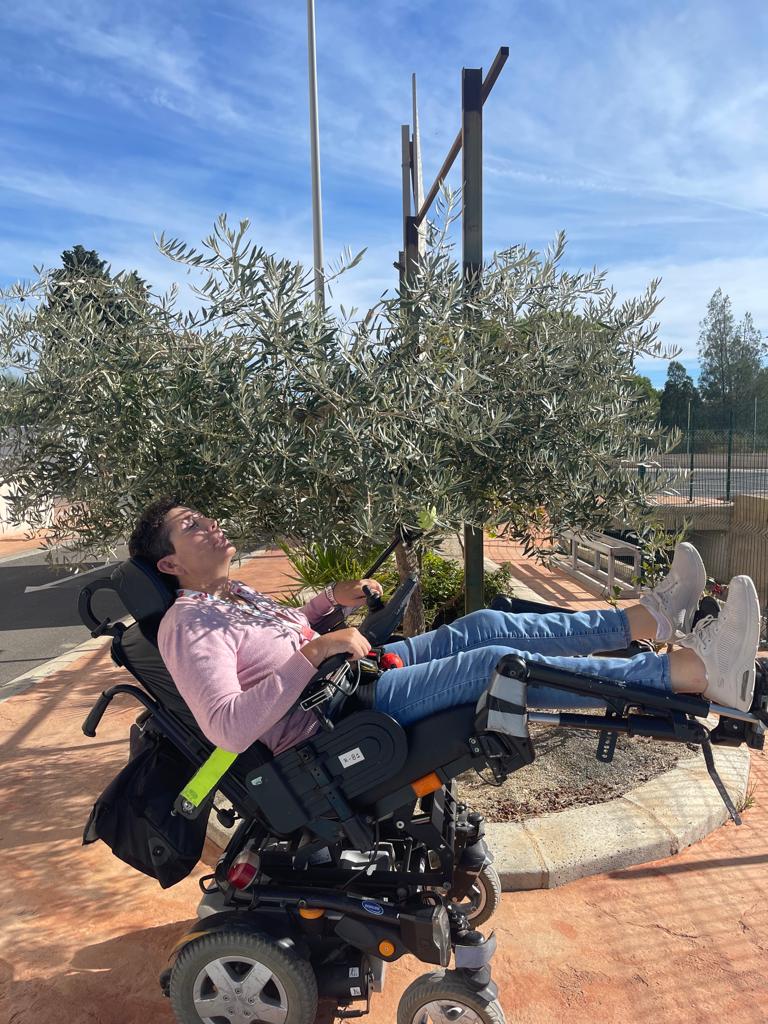
The book: Stories that reshape how we see
I’ve also compiled a book on Locked-In Syndrome to deepen the conversation beyond the forum and conference. The book weaves together academic perspectives, personal narratives, and policy analysis, aiming to be accessible and impactful. It highlights the lived experiences of people with LIS—individuals whose courage, humour, and clarity cut through even the most advanced medical jargon.
These are not medical case studies—they are human stories that demand to be heard. Through the book, I hope to bring their voices to an even wider audience and inspire systemic change in how we approach LIS on both medical and cultural levels.
The promise of technology: From isolation to connection
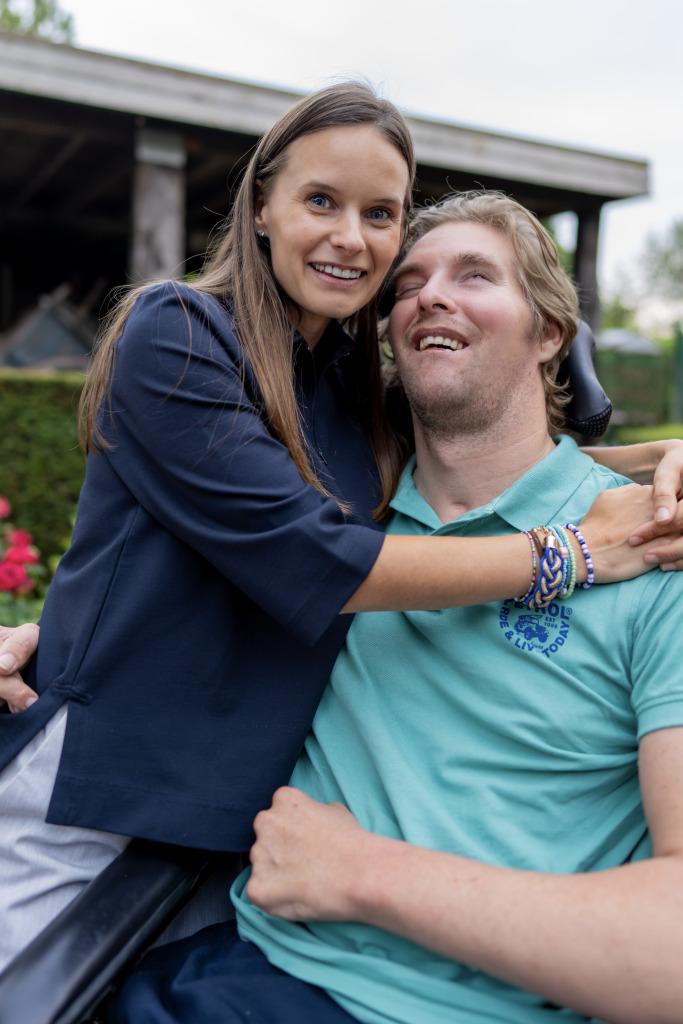
While LIS presents extreme physical limitations, modern technology is beginning to unlock extraordinary possibilities. Brain-computer interfaces (BCIs) allow people with LIS to communicate directly through neural signals—bypassing the body entirely. These tools, still in development, are no longer science fiction. They already enable some users to select letters, control devices, and even speak through synthetic voice output.
Coupled with artificial intelligence, these systems are becoming faster, more intuitive, and more accessible. AI can help predict intended words, personalise communication styles, and reduce the cognitive load of spelling out thoughts letter by letter. What once took hours to express can now be said in minutes or seconds.
But this is just the beginning. With the right investment and focus, BCIs and AI can move us closer to a world where people with LIS not only communicate—but participate fully in social life, creative expression, education, and even employment. These tools have the potential to radically improve the quality of life and restore dignity and agency.
(Picture: Tars Peeters, who is living LiS, with his long-term partner, Axelle Herwyn.)
A global mission
Today, my mission is twofold. First, I want to foster greater clinical understanding of LIS to prevent misdiagnoses—especially in under-resourced nations. Second, I aim to elevate the voices of people living with this condition so they can advocate for their own needs and shape the research, technology, and care that affects them.
As I divide my time between Australia and the UK, I continue to run the conference, expand the forum, and connect with clinicians, technologists, and patient communities worldwide. My hope is to create ripple effects through education, research collaboration, and policy changes that will touch lives all around the world.
It’s often said that silence is powerful. But in the case of Locked-In Syndrome, that silence has lasted too long. It’s time we listen harder, build better tools, and create a world that no longer mistakes silence for absence.
If you’re interested in collaborating, supporting, or simply learning more, please do get in touch. Awareness begins with a conversation, and together, we can ensure that no voice is ever lost again.
You can reach me here or by email at shannan@brainfoundation.org.au
Categories: Guest blogs, News
Published: 29 July 2025

